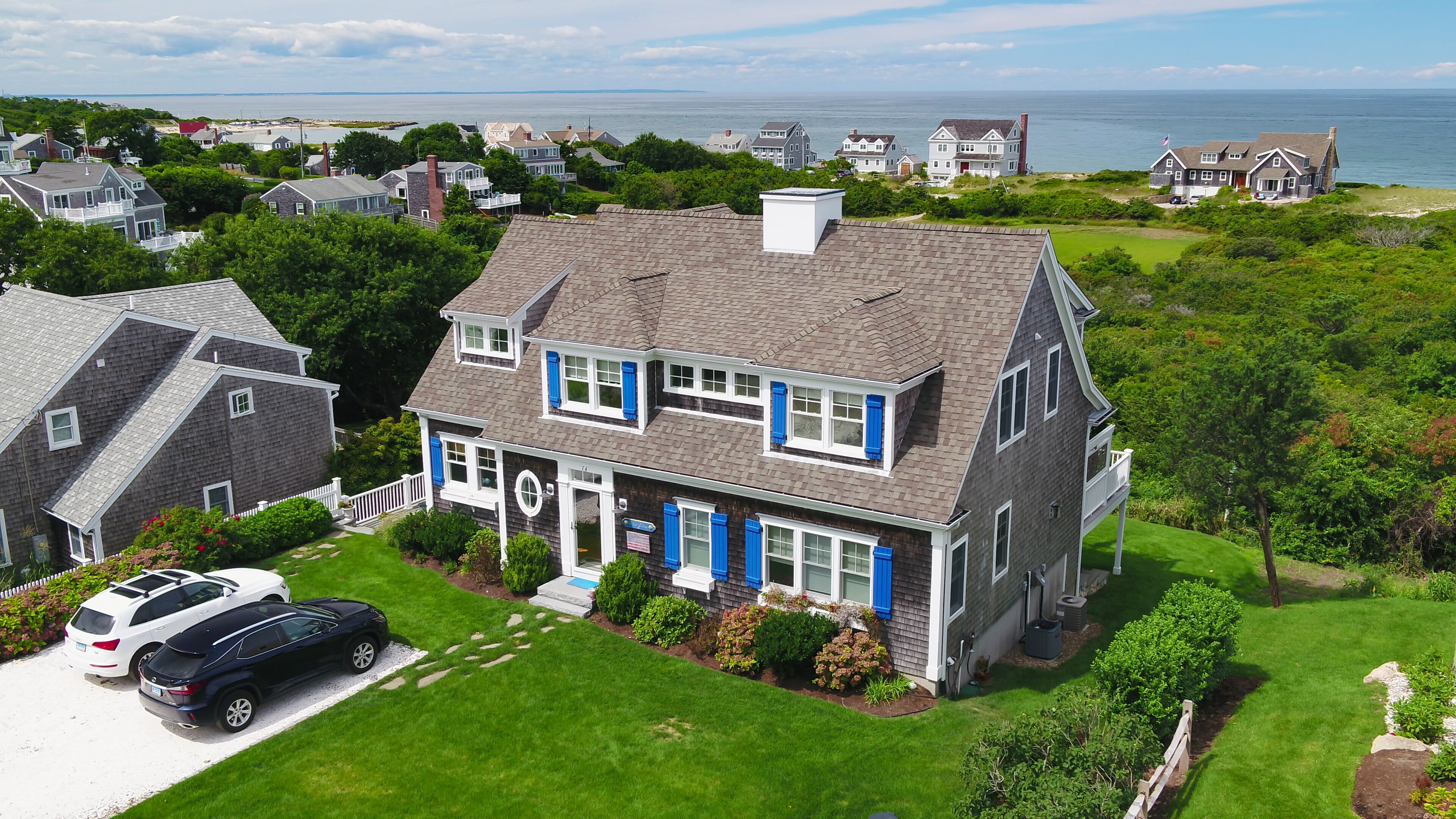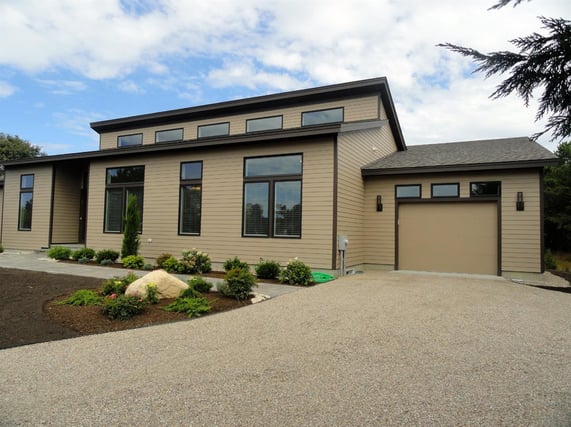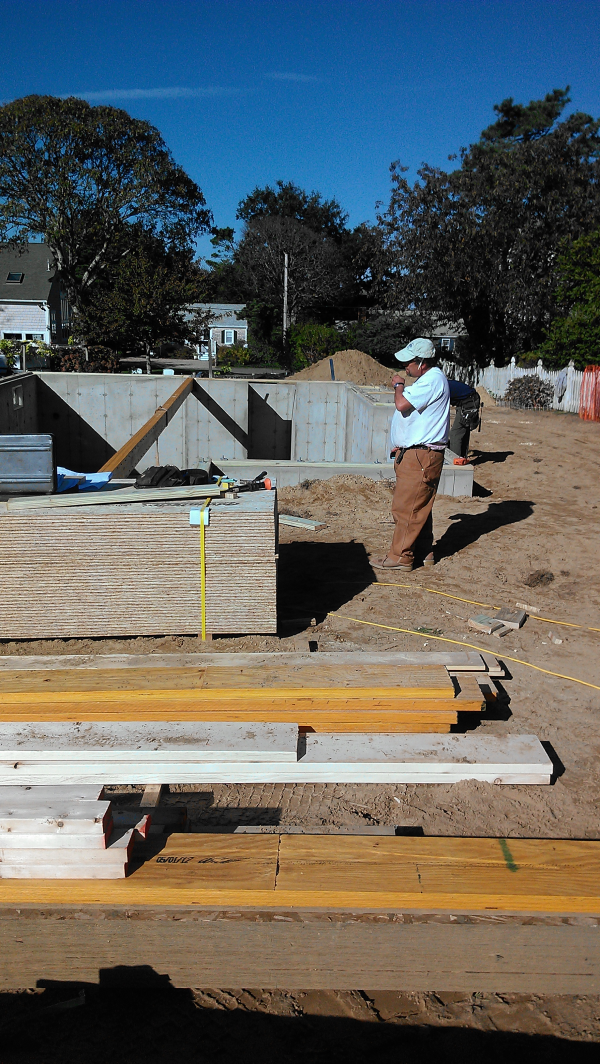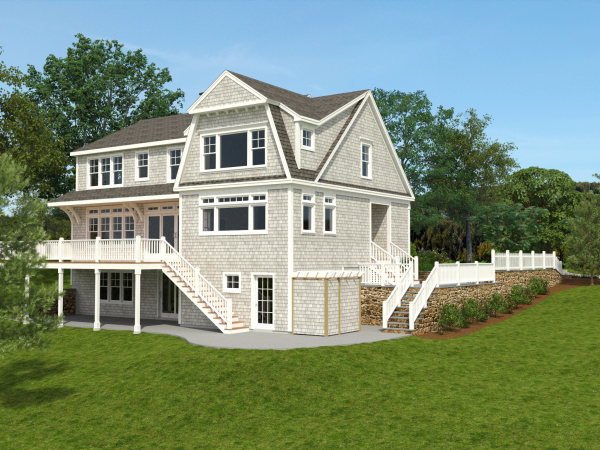
Barnstable stands at a crossroads. The proposal to adopt the state’s Green Communities Act and the associated Stretch Energy Code has sparked a vital debate about sustainability, affordability, and local control. At REEF Builders, we are deeply committed to both responsible building and the economic health of our community. That's why our president, Matthew K. Teague, recently submitted a letter to the Barnstable Town Council, respectfully urging them not to adopt these measures at this time.
While these programs are promoted with the best intentions—to achieve sustainability and energy savings—they carry significant economic and equity risks that could negatively affect every Barnstable resident.
Here is a summary of the core concerns REEF Builders has raised:
1. The Cost to Consumers is Too High
Massachusetts already has some of the highest electricity costs in the nation. The Stretch Energy Code essentially pushes communities toward mandatory all-electric heating and cooling.
- Higher Utility Bills: Forcing a switch from natural gas or propane to electricity for heating and cooling will likely raise monthly utility bills, especially when electric heat pumps perform less efficiently in cold weather.
- Impact on Vulnerable Residents: Families already struggling with costs, as well as seniors and fixed-income residents, will be hit hardest by sharp increases in winter electric bills.
2. Restricting Energy Choice is Not Best for Cape Cod
Our region's climate and diverse housing stock demand flexibility.
- Mandatory Electrification: The code restricts the ability of residents and builders to choose among natural gas, propane, or hybrid systems.
- The Right to Choose: Homeowners should retain the right to select the energy system that best fits their specific needs and budget, rather than being forced into a single, state-dictated option.
3. State Cost Models Are Wildly Unrealistic
The state's Decarbonization Roadmap, upon which these mandates are based, severely underestimates the true cost of conversion.
- Heat Pump Costs: The roadmap assumes a full home heat pump conversion costs about $7,500, yet typical Massachusetts installations often run $20,000 to $25,000 or more.
- Retrofit Costs: Deep-energy retrofits are estimated at $20,000 in state models, but pilot programs have found real costs exceeding $120,000 per home.
- Staggering Total Cost: If two-thirds of the state’s 3 million homes were upgraded, the total cost could reach $240 billion, requiring $20 billion annually in investment for decades.
Barnstable should not tie its future to programs founded on such unrealistic "wishful accounting".
4. Loss of Local Control
Perhaps the greatest long-term financial risk is the loss of local autonomy.
- Future Mandates: Once Barnstable adopts the Stretch Energy Code, it automatically accepts all future state amendments without any further local vote.
- Unelected Bureaucrats: This effectively transfers authority from our local representatives to unelected bureaucrats at the Department of Energy Resources. Future, even costlier, electrification mandates could be imposed without Barnstable having a say.
California's Warning on Housing Affordability
Even California, a national leader in green building policy, recently recognized the economic danger of over-regulation. The state halted new local energy code mandates because stricter rules were worsening the housing affordability crisis. “Mass. decarbonization roadmap radically underestimates costs.” (CommonWealth Beacon, 2023)
Barnstable is grappling with its own affordability challenges and cannot afford to follow a path that the most climate-progressive state has already concluded is unsustainable.
A Better Path for Barnstable
Sustainability and affordability can coexist, but it requires Barnstable to maintain control of its own policies. Instead of rigid, top-down state mandates, the Town Council should pursue voluntary, incentive-based local approaches, such as:
- Local weatherization and efficiency programs.
- Rebates or loans for renewable energy adoption.
- Targeted assistance for low-income or senior homeowners.
Before making an irreversible decision, Barnstable should commission an independent cost-benefit analysis specific to our town’s housing stock, incomes, and energy prices.
We at REEF Builders believe that preserving local flexibility and prioritizing consumer affordability is the best path forward for Barnstable. We urge the Town Council to reject these mandates and seek solutions that truly benefit all our residents.
Next BARNSTABLE TOWN COUNCIL MEETING October 09, 2025 6:00 pm
This blog post is based on the concerns outlined in the letter to the Barnstable Town Council from Matthew K. Teague, President of REEF Ltd., dated October 6, 2025.











